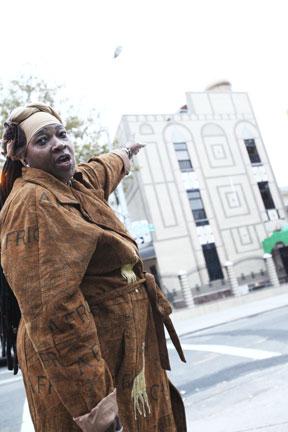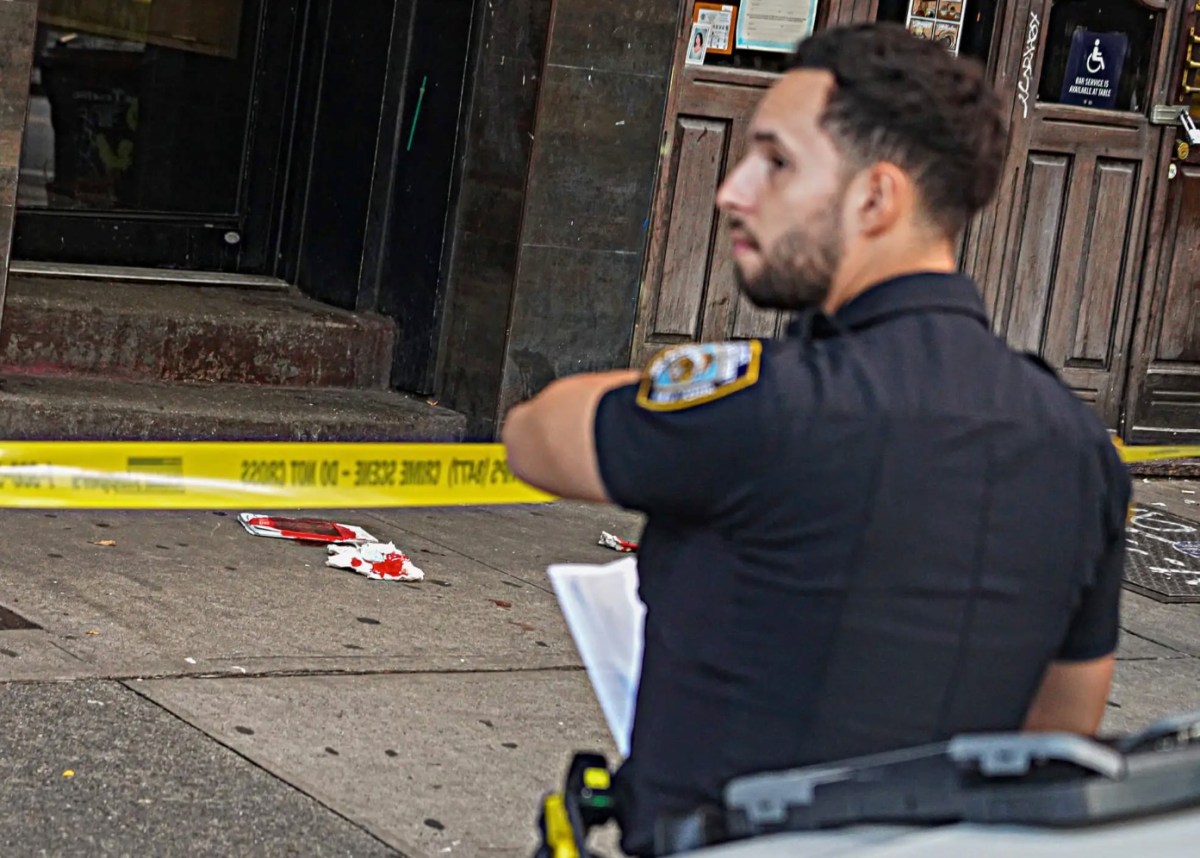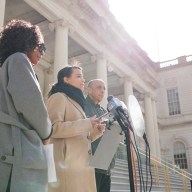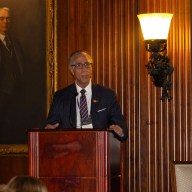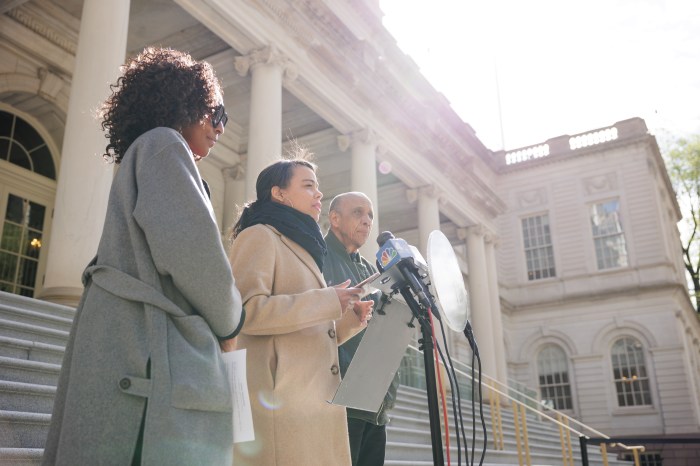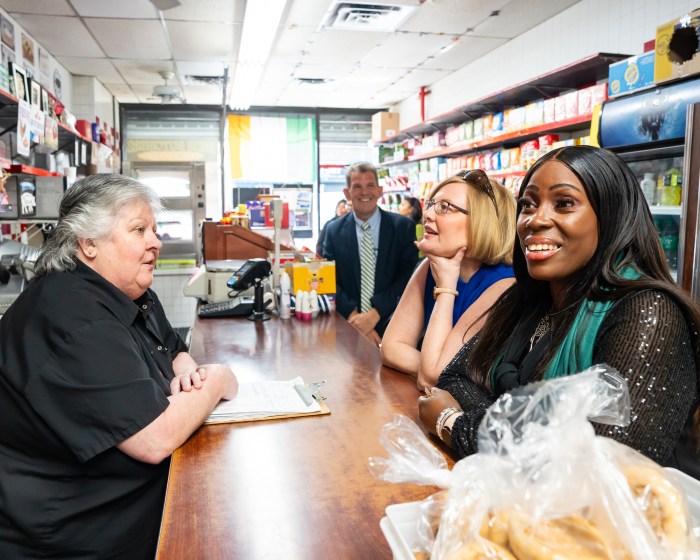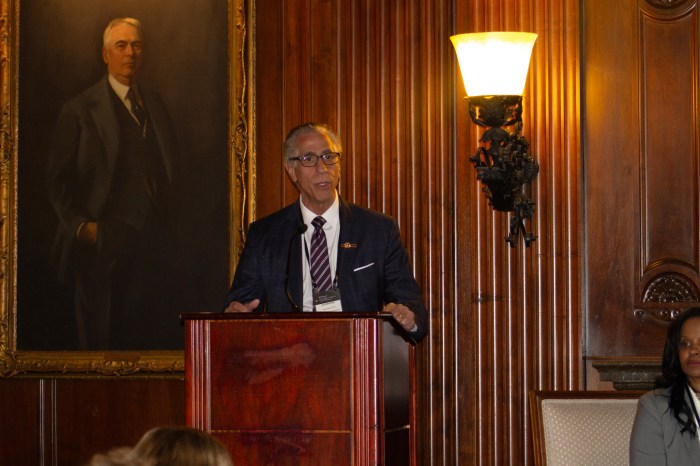Imagine sunrise behind a minaret. Imagine a bearded imam. Listen for his thunderous call to worship. Not in Baghdad or Tehran or Islamabad. In the Bronx.
Neighbors of dissimilar backgrounds clashed at a Community Board 9 public hearing on Tuesday, October 20. Members of the Parkchester Jame Masjid (mosque) on Virginia Avenue near Parkchester want to use electronic amplification to perform “adhan,” the Muslim call to prayer. The mosque would be the first in the Bronx to do so and has asked the police department for a sound permit. Some neighbors oppose the plan.
More than 75 mosque members and 75 neighbors attended the hearing. Unable to accommodate so many people at its Bruckner Plaza office, CB9 will hold a second hearing elsewhere in November. The dispute hints at a demographic shift and tension.
“We need a compromise,” Councilwoman Annabel Palma said.
The Bronx was home to 2,442 Bangladeshi Americans in 2000, a 320 percent increase from 1990. There are even more Bangladeshi Americans in the Bronx today. Most reside in Parkchester, Soundview and Castle Hill. Community District 9 is 34 percent African American and 55 percent Hispanic American.
Immigrants from Bangladesh founded the Parkchester Jame Masjid on Taylor Avenue in 1984 and shifted to Virginia Avenue in 1989, vice president Abdus Shahid said. Most of its 1,400 members – some are Arab and Pakistani – reside or used to reside in the neighborhood. The Bronx has welcomed some Bangladeshi traditions: Lehman High School has a successful cricket team, for example. But the adhan issue has stirred the pot. It lasts less than two minutes, mosque president Mohammed Uddin said. Other Bronx mosques operate out of houses or storefronts and are ineligible for sound permits but the Parkchester Jame Masjid built an authentic edifice in 2004.
Neighbors opposed to the plan don’t understand adhan, Shahid said. There is no music, only chanted Arabic, he explained. It would be audible no more than three blocks from the mosque, Shahid added. Nonetheless, Gerri Lamb, who attends church across the street from the mosque, is concerned. Lamb heard amplified adhan on a trip to Israel and it startled her, she said. Although Lamb admires the mosque its commitment to prayer, she thinks the sound will impinge on neighbors’ quality of life. CB9 will issue a recommendation to the police department.
Uddin and Lamb agree that relations between Muslims and non-Muslims in the neighborhood are tolerable if rare. There was a rash of attacks on Bangladeshi Americans near Parkchester in August and September but the 43rd Precinct met with Shahid and the rash faded. The Bangladeshi Americans work hard but are clannish, Lamb said.
“I have no problem with them,” nieghbor Ruben Rios, 75, asserted. “But I hear their parties. People think Puerto Ricans play loud music. The [Muslims’] music is louder.”
Lamb and Rios, whose house is one block from the mosque, don’t oppose adhan altogether, only adhan four times a day. Muslims pray five times a day but Uddin has agreed not to amplify the early morning adhan. The mosque has prospered without amplified adhan thus far, Lamb said. Why push the issue?
“When in Rome…,” Lamb said.
Palma suggested that the Parkchester Jame Masjid consult a mosque in Manhattan that performs amplified adhan only on Fridays. The councilwoman and CB9 district manager Francisco Gonzalez are determined to stay neutral. Gonzalez posted fliers for the October 20 hearing in the neighborhood and has fielded more than 100 phone calls on the issue; he wants all opinions heard. Shahid is optimistic the mosque will get its amp.
“Islam requires us to do adhan,” he said. “Adhan is a good sound. It hurts no one.”

